Wildfires around the planet have increased in size and frequency while producing massive amounts of noxious fumes. State boards in California dealing with their own wildfire epidemic have noted that the smoke has become a “growing public health problem.”
Newly discovered research has linked long-term exposure to wildfire smoke to negative effects on brain health. The study even compared the increased risks of dementia to other sources of air pollution.
The Research
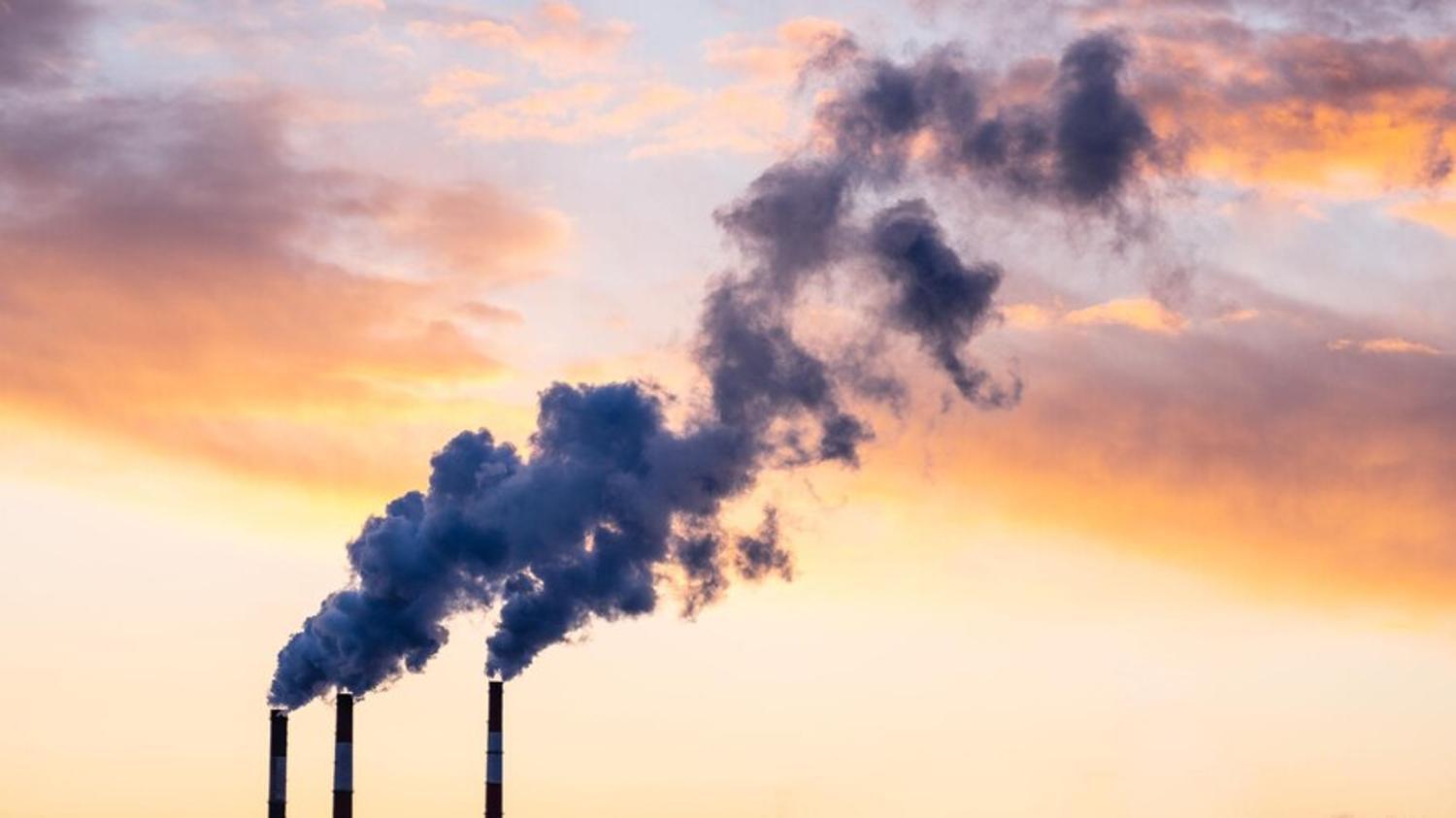
The research examined data from more than 1.2 million people 60 or older in Southern California from 2009 to 2019.
The results were reported at the 2024 Alzheimer’s Association International Conference. In the study, scientists looked at particles smaller than 2.5 microns that come from wildfire smoke, vehicle factories, and other common polluters.
Startling Findings
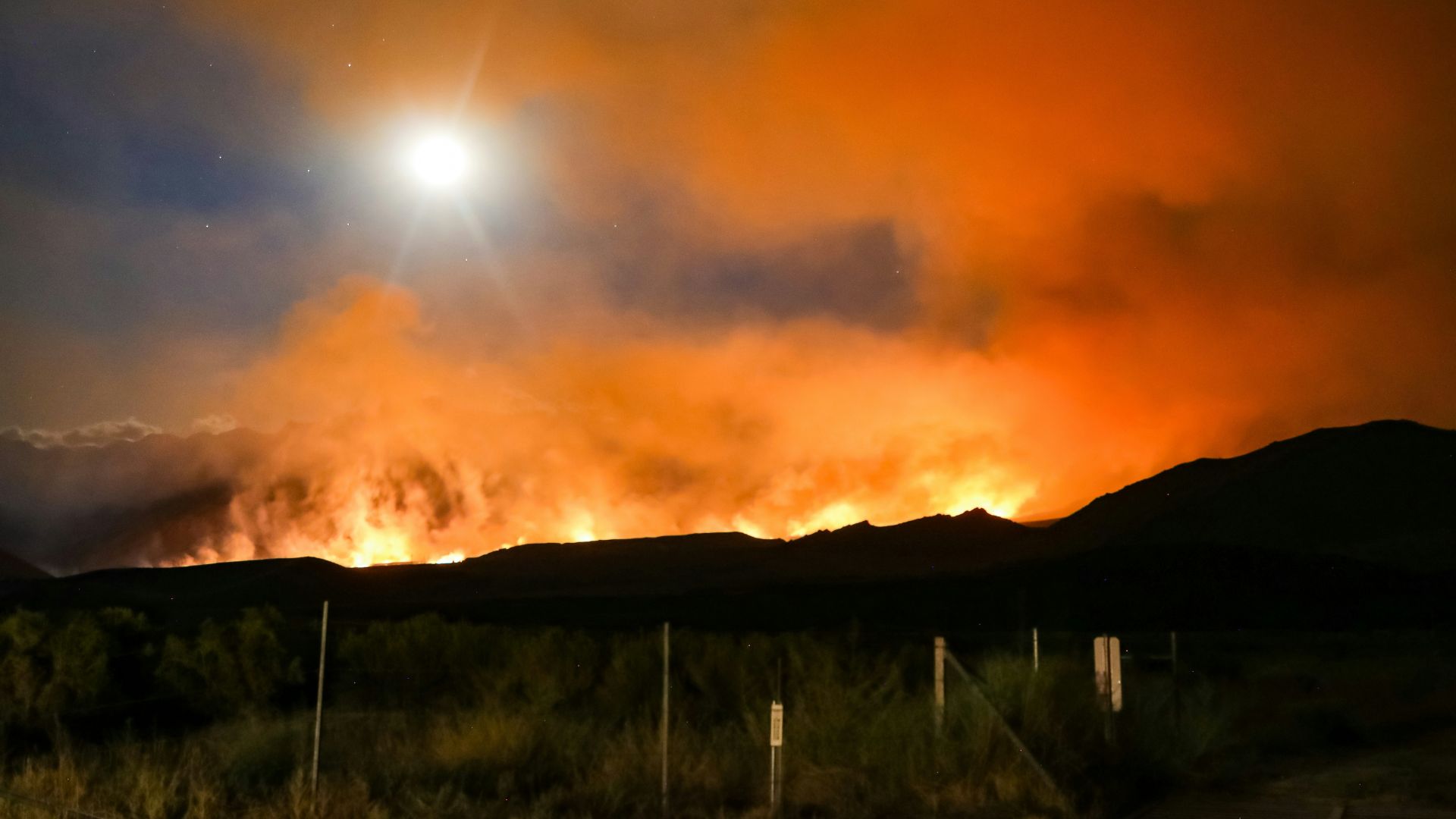
The study determined that a stronger link was found between wildfire smoke and a dementia diagnosis compared to alternative pollution sources.
Specifically, the odds of being exposed to wildfire smoke created a 21% increase in dementia diagnoses for every increase of toxic microns in the air caused by wildfires.
Minority Groups Most Affected

The study also noted that the groups at the highest risk of developing pollution-caused dementia are people from racially and ethnically minoritized groups.
As well those living in high-poverty areas are also most at risk. The connection between poverty and illness has been a longstanding ugly truth about life. Those living below the poverty line can often not afford preventative medicine, nor can they afford to move away from their homes if they experience high levels of chemical pollution nearby.
Previous Research Shows a Clear Connection

Dr. Holly Elser, an epidemiologist and resident physician in neurology at the University of Pennsylvania, says, “There is quite a bit of prior literature that demonstrates an association between exposure to ambient air pollution and dementia, but there’s very limited research on how wildfire PM2.5, specifically, might be associated with dementia.”
The study, therefore, marks a breakthrough in the connection between smoke from wildfires and the increase in cognitive decline in certain groups.
Wildfires Are Becoming More Common
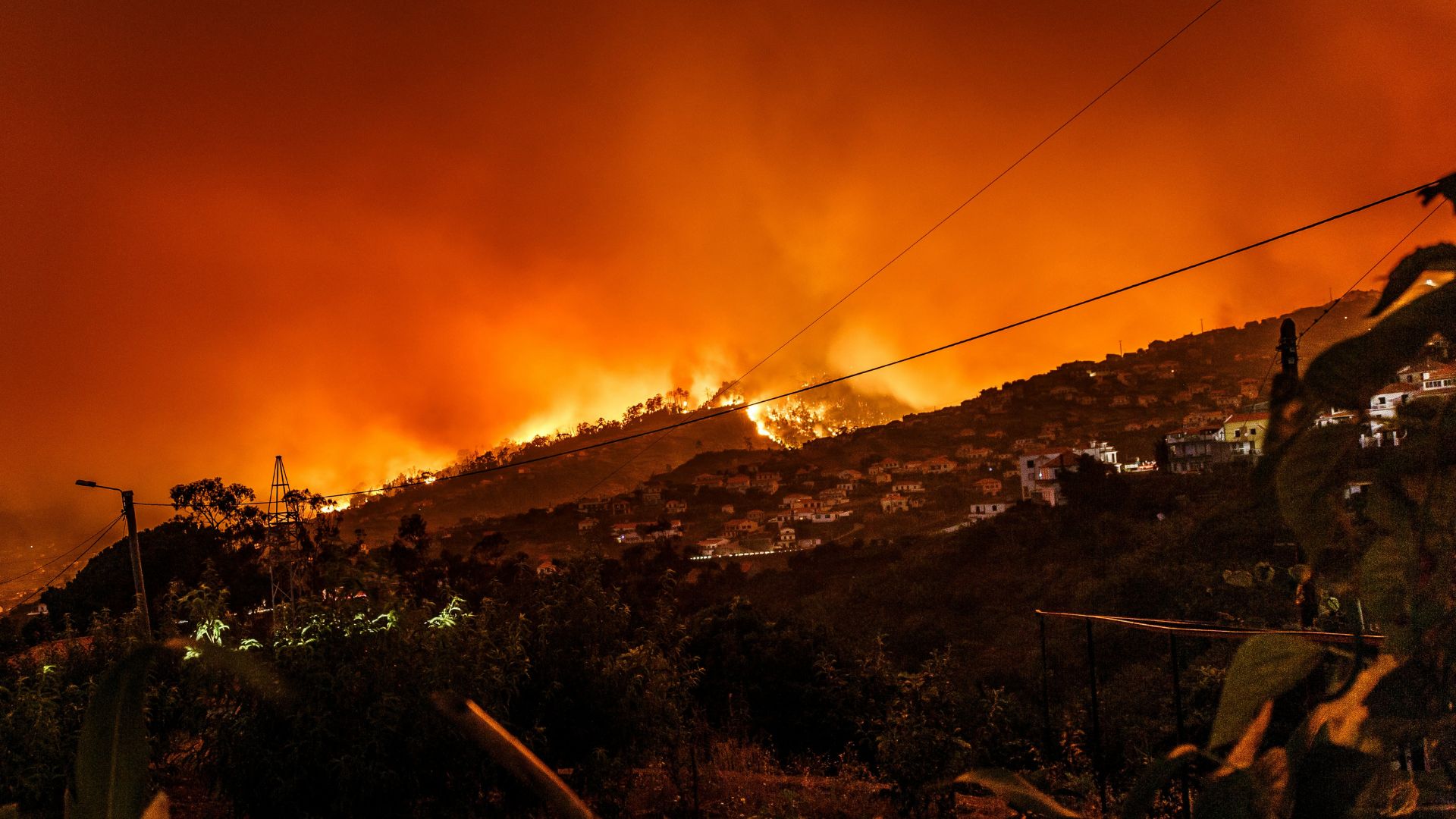
Although fires have always been common in dry places like California, Australia, and western Canada, with increased global temperatures, wildfires around the world have become more common where they normally shouldn’t exist.
Over the summer months, several wildfires have broken out across Mediterranean and Baltic countries where the temps might be warm but not intense enough to cause national emergencies with the incidence of fires.
Pollutants Cause Several Problems
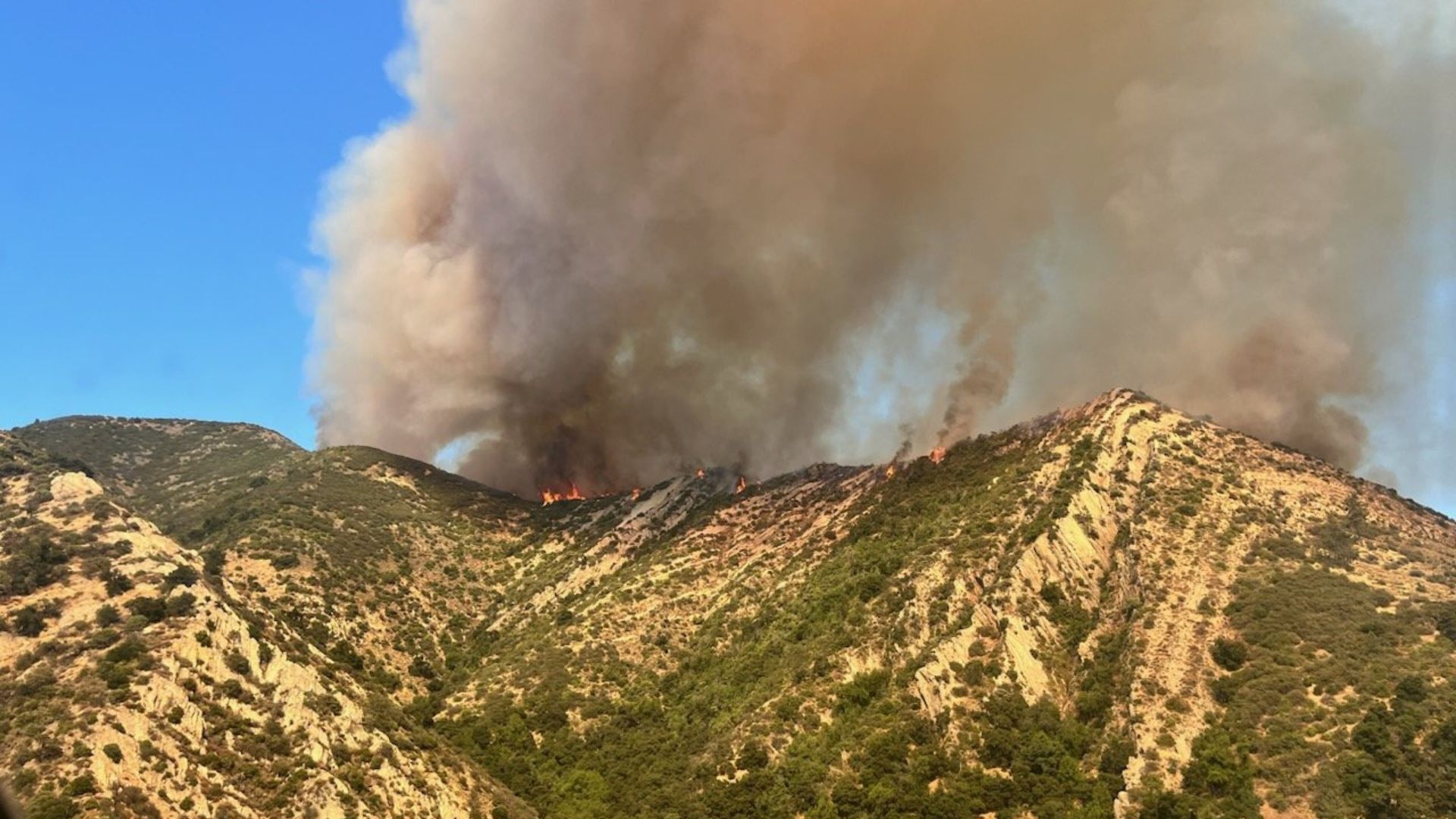
Research has clearly proven the connection between pollutants and the risk of dementia, heart disease, asthma, and low birth weight in babies.
“When you breathe in [PM2.5], it actually gets absorbed into your bloodstream through your lungs,” said Dr. Maria Carrillo, chief science officer and medical affairs lead at the Alzheimer’s Association.
Toxins In the Brain

Inhaling toxic fumes and particles like PM2.5 that wildfires put off has been shown to increase amyloid in the brain. These particles then create an unfavorable environment in brain cells, which contributes to inflammation and damage. The buildup of amyloid plays a crucial role in developing Alzheimer’s disease.
The particles are thus associated with disruption of neuron function and cognitive decline in people.
Stress Can Also Trigger Brain Disease
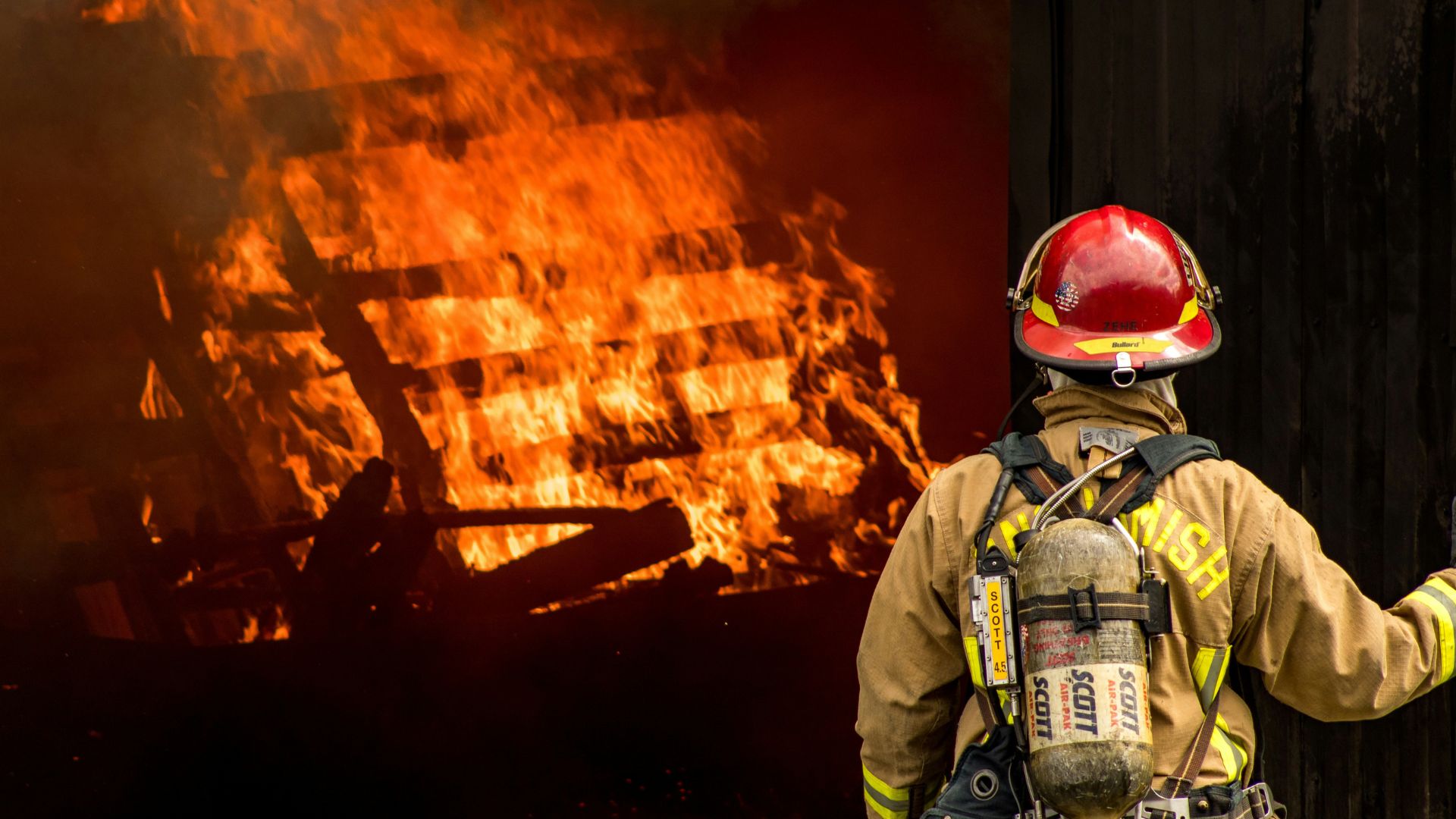
Stress factors that arise from environmental disasters like wildfires can also cause severe negative cognitive changes in people. These stressful events might spark the development of brain disease in many people.
“That depression and anxiety stress could potentially unmask a neurodegenerative dementia or cognitive changes that were already there,” she said.
A Common Form of Pollution in California
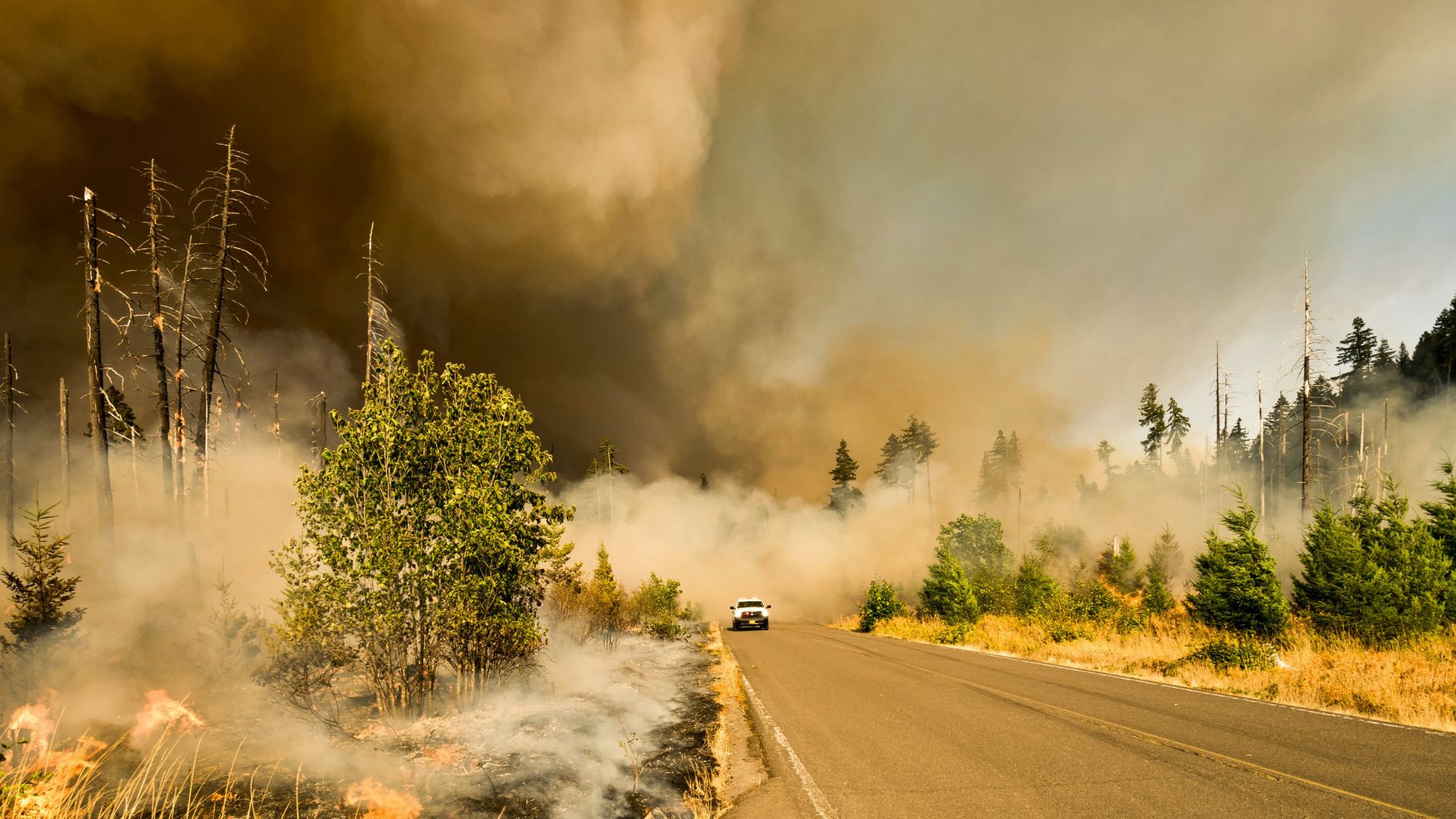
Forest fires have become one of the most common forms of pollution in the Golden State. The frequency of fire weather days in California has doubled since the early 1980s.
Many experts have associated the increased fires with strong offshore winds, dry vegetation, and climate change.
Toxins Admitted From Wildfires
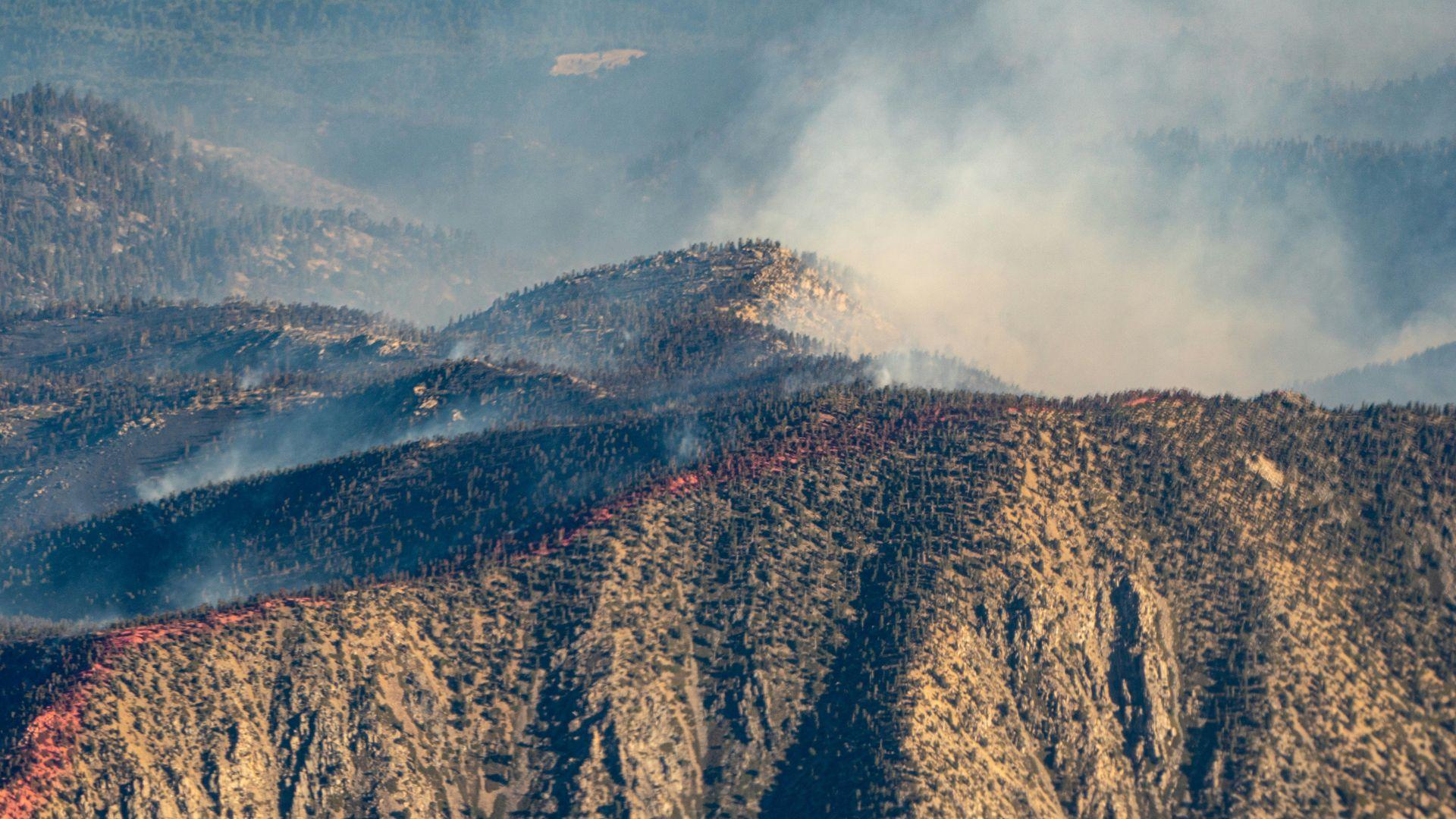
In California, more than 70% of the total PM2.5 exposure has been generated from wildfires in recent years.
In 2016, a study of the state’s poorest air quality days from 2004-2009 was also attributed to wildfires in the state.
What Can You Do?

If you would like to take the expert’s research seriously and avoid a potential cognitive decline in your old age due to the increased inhalation of wildfire smoke, then it’s incredibly important to listen to experts when they say to stay inside during poor air quality days.
Additionally, the study also recommends that people who already suffer from respiratory conditions like asthma or COPD, who are more at risk to the effects of smoke, consult their healthcare provider when preparing for wildfire season.








































